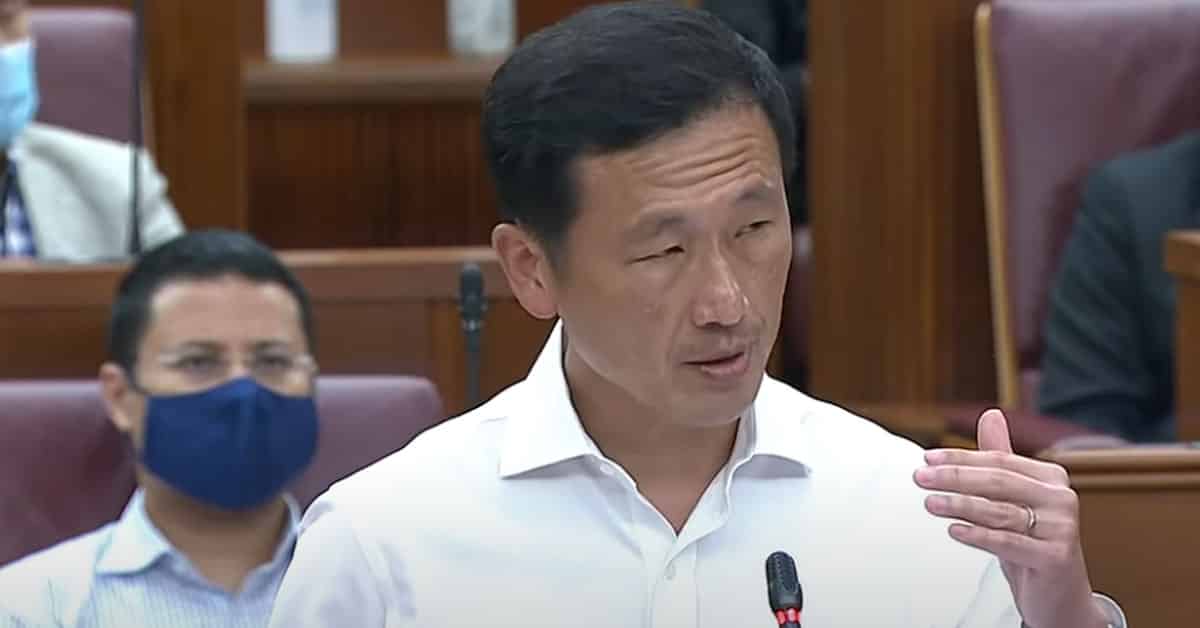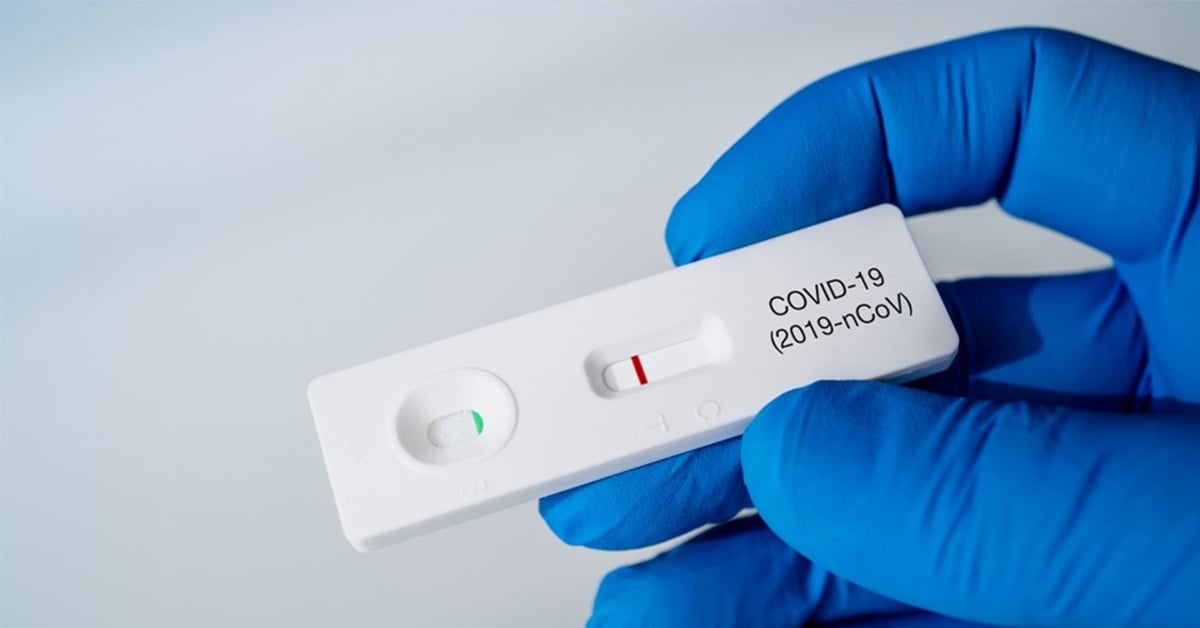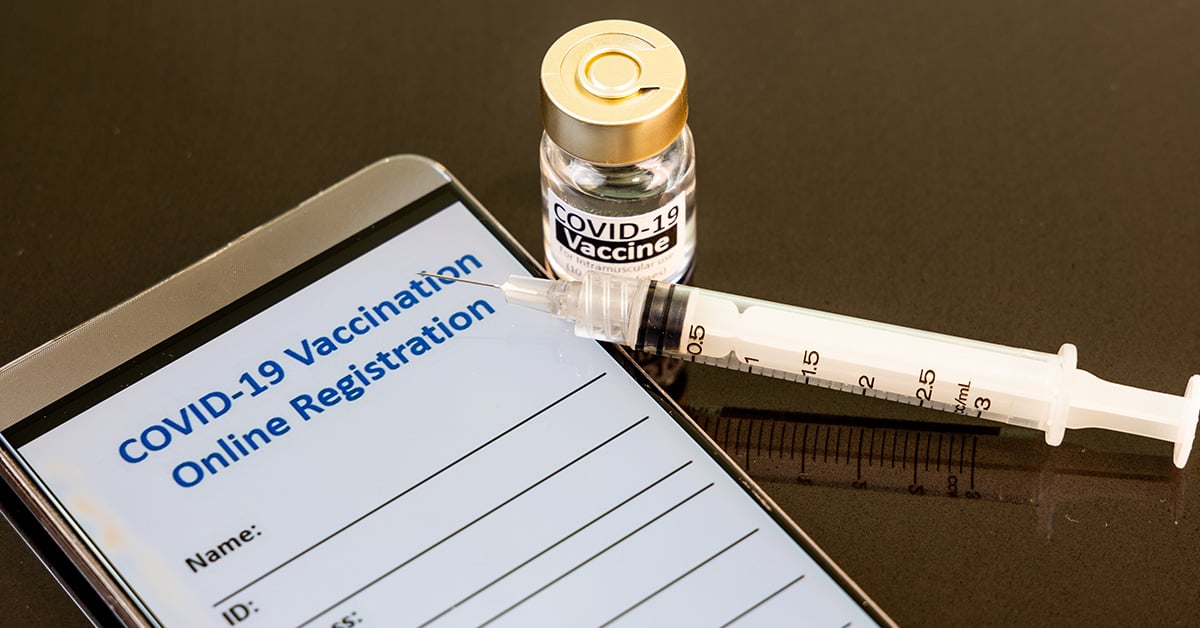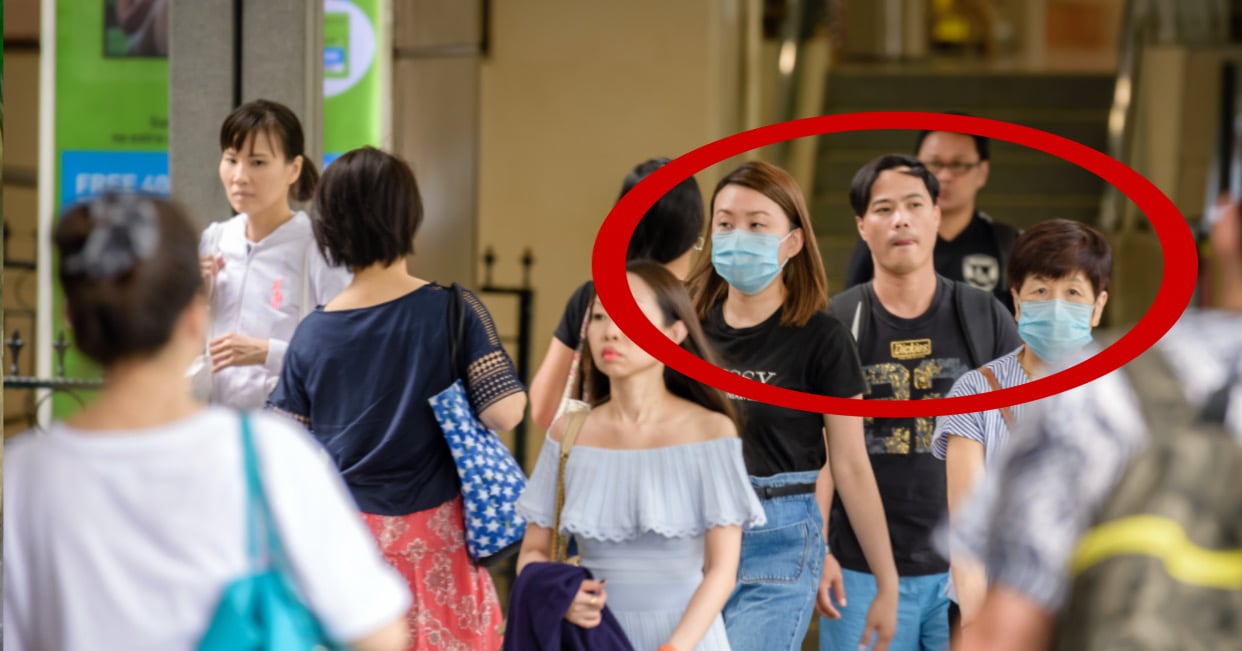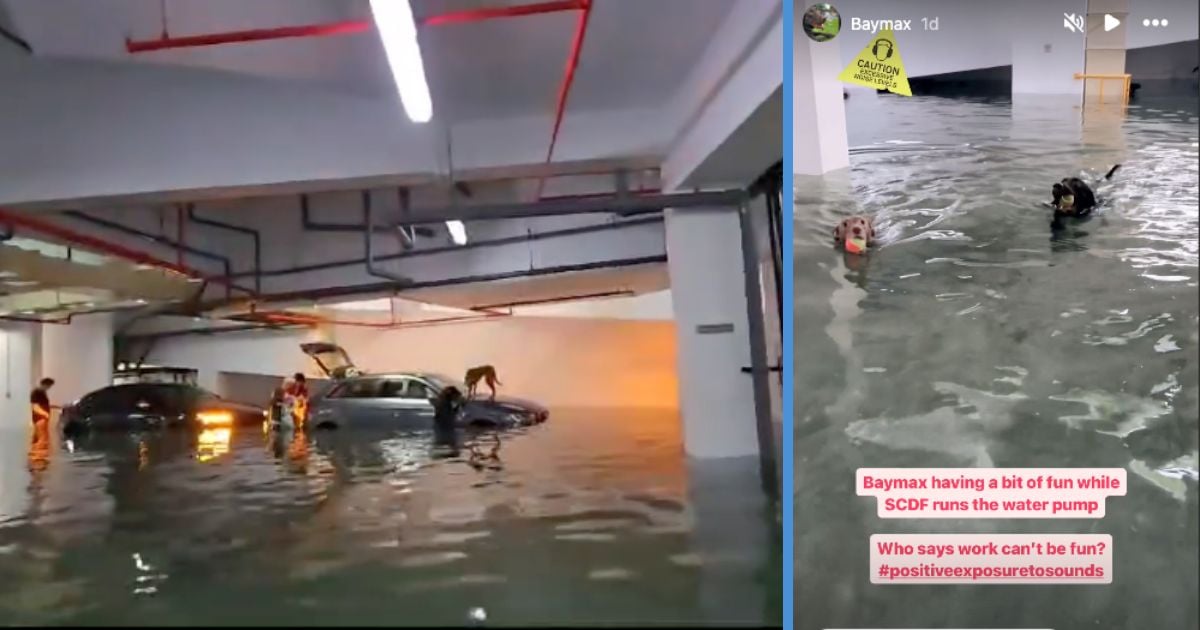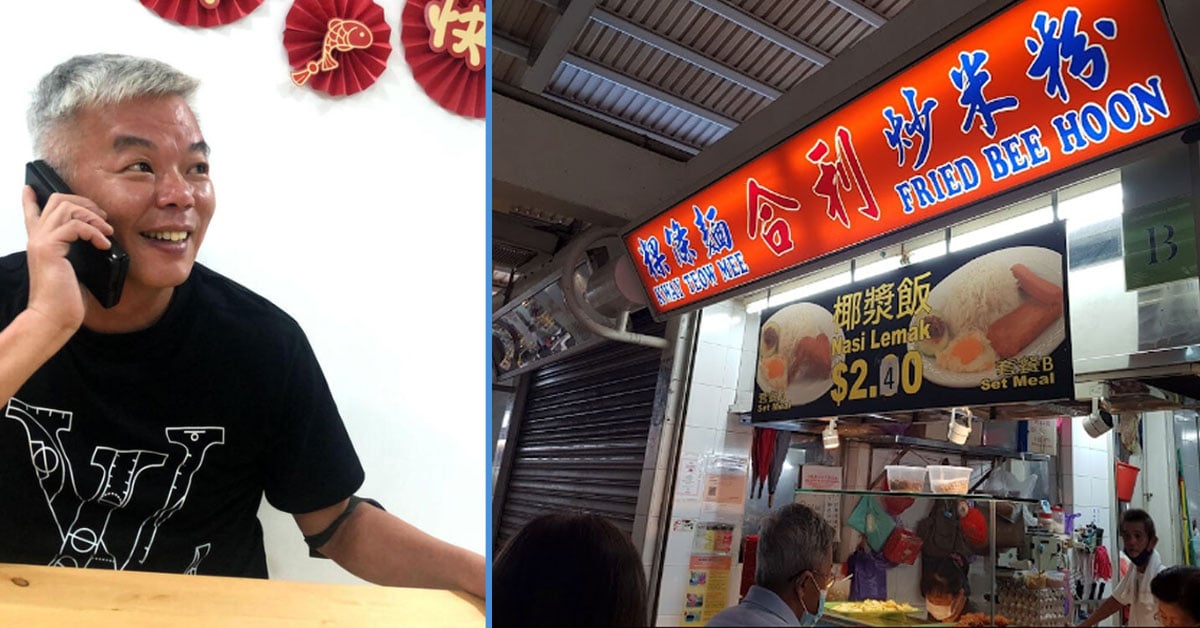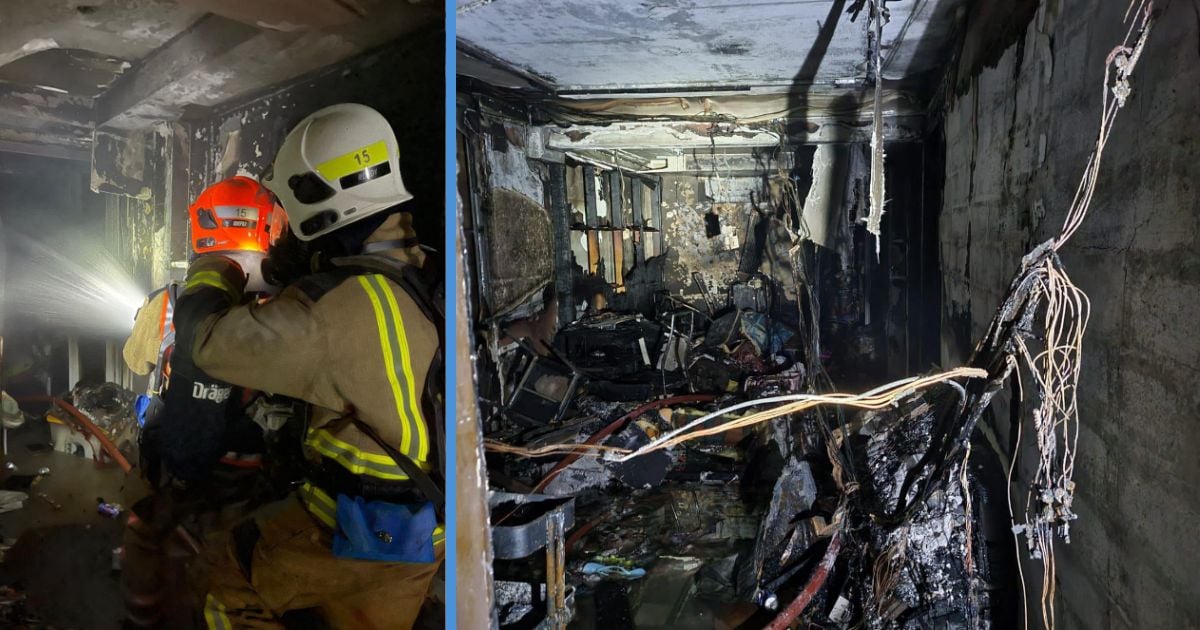This afternoon, your phone might be buzzing with updates about “new” COVID-19 updates, but you somehow couldn’t find any footage of Ong Ye Kung eye-power-ing Lawrence Ong.
It’s because the task force tackling COVID-19 in Singapore is giving an update about what to expect in the near future to their colleagues in Parliament.
And of course, watching a Parliament sitting, especially one without Sis Flower, can be pretty boring, so here’s what you need to know about the COVID-19 updates summarized for you.
54% of People in Singapore Have Received 2 Doses of Vaccines
First, an update: as of yesterday (25 July), 54% of the population have received two doses of a (mRNA) vaccine. By National Day, almost 70% of the population will have received two doses of the mRNA vaccine.
This should rise to about 80% by early September.
About 1,000 seniors are turning up vaccination centres each day to get their Covid-19 jabs or getting them from mobile teams.
Health Minister Ong Ye Kung said that this is progressing well, and that this means “Singapore will have one of the highest vaccination rates in the world.”
To know more about vaccines in Singapore, watch this video:
More Non-mRNA Coming to Singapore by End-2021
If, for some reason, you can’t take the mRNA vaccine, fret not: you can join the 72,000 people who have taken at least one dose of the Sinovac vaccine.
But if you can’t book an appointment, fret not as well: Singapore is bringing in new COVID-19 vaccines.
According to Mr Ong, “We plan to bring in non-mRNA vaccines that are robustly assessed for quality, safety and effectiveness. This should happen before the end of the year, subject to supply and regulatory approval.”
Endemic, Endemic, Endemic
If it’s not clear enough, read this again: endemic.
Singapore is still going to treat COVID-19 as an endemic disease despite the recent restrictions. In fact, Mr Ong said that this has caused “some confusion”, but added that they’re still committed to “the path towards normalcy and living with COVID-19”.
But simply put, to achieve that, we need more people to be vaccinated.
To know more about endemic, watch this video:
New System for Newly Diagnosed Patients Who Have Been Vaccinated
Mr Ong said that more vaccinated people who have Covid-19 – but with no or mild symptoms – will be admitted directly to community care facilities instead of being admitted to a hospital.
Also, they will be discharged after 14 days instead of 21 days, with a leave of absence for seven days.
Mr Ong said that as we “learn to live with Covid-19, our healthcare protocols must be remodelled. If Covid-19 is indeed endemic, having 200 or more cases a day may not be an unusual thing at all.”
In the near future, 80% can be admitted to community care facilities and some can even recover at home.
Mr Ong added, “If we want to live with Covid as an endemic disease, we cannot carry on with the current healthcare protocols for Covid-19. They need to shift closer to how we treat influenza today, without extensive contact tracing and quarantine in dedicated facilities, and hospitalising only those who are very ill.”
Restrictions Will be Reviewed in Early August for Vaccinated People
While Phase 2 (Heightened Alert) is supposed to end on 18 August 2021, the task force will assess the overall infection situation in early August, since by then, two-third of the population would have received two doses of the vaccine.
Finance Minister Lawrence Wong said, “So if the clusters are under control, and hospitalisation rates remain low, we will be able to ease some of the Phase 2 (Heightened Alert) measures.
“But the easing will be differentiated and extended to only vaccinated persons, because they are much better protected against the effects of the virus.”
Work Will be Normal Again
Hate working at home? I don’t feel you, but if you somehow feel that way, then there’s good news for you: with Singapore moving COVID-19 to an endemic disease soon, more workplace restrictions will also be eased, and progressively, more workers could return to the office.
The new normal is also to integrate the use of antigen rapid tests into work processes and to encourage more people to be vaccinated.
Minister for Trade and Industry Gan Kim Yong also said that when COVID-19 is endemic, businesses would not have to shut down their premises for deep cleaning whenever a Covid-19 case emerges.
Travelling Might Finally be Possible in September
September is two months from now, and guess what?
That might be when we can finally travel.
According to Mr Wong, by early September, around 80% of people in Singapore would’ve been vaccinated, and restrictions would be eased further, including allowing larger groups to get together, especially if they are fully vaccinated.
And by then, Singapore will also begin to reopen its borders and allow vaccinated people to travel.
But it’s not going to be a normal vacation.
Instead, it’ll be restricted to travel corridors with countries or regions that have managed COVID-19 well, and read this: they won’t need to serve a 14-day SHN when they come back.
Rather, the stay-home notice will be replaced with a “rigorous testing regime” or a seven-day isolation period at home, which depends on the country they’re coming back from.
For people who’re not vaccinated, they can still travel but must go through the usual 14-day SHN.
All Households in Singapore Will Receive COVID-19 Test Kits
Yes, you’ve read it right: it’s free.
According to Mr Wong, they will be given first to people staying near large Covid-19 clusters before they’re being distributed to every household in Singapore.
Watch this video to know more about how ART test kits work:
So now, you should have lots of freebies at home: masks, hand sanitisers, oximeters and soon, ART test kits. One can only wonder what’s next.
Everything About Masks
Now, let’s address the most pressing question: when can we go out maskless, because you still have no idea if the new classmate is your cup of tea?
Mr Wong said that mask-wearing may well be one of the last rules to go in the new normal, which means you might have to follow your new classmate on Instagram to know how she looks like.
However, even while Singapore may consider dispensing with masks when outdoors, Mr Wong pointed out that it would still make sense to wear them in indoor, enclosed environments, where transmission risks are greater.
To know the importance of masks, watch this video to the end:
Focus Will No Longer be About the Number of Cases
It’s 31 December 2021; Singapore reports 2,122 COVID-19 cases.
No one is surprised, because the goal in the future will no longer be about the number of cases, but about the people who need oxygen or ICU.
Mr Wong said, “Because the vast majority by then would have been vaccinated, and even if they catch the virus, they are much less likely to become very ill.
“Instead, our focus will be on the much smaller number of infected persons who need supplementary oxygen or require intensive care.”
So yes, if the message hasn’t been clear enough, here’s a reminder: take your vaccine if you’ve not taken it.
Read Also:
- 135 COVID-19 Cases Today (26 Jul); 129 Are Community Cases With 61 Linked to the Jurong Fishery Port Cluster
- M’sia Now Has Over 1 Million COVID-19 Cases With Record of 17,045 Cases in a Day
Featured Image: YouTube (CNA)
